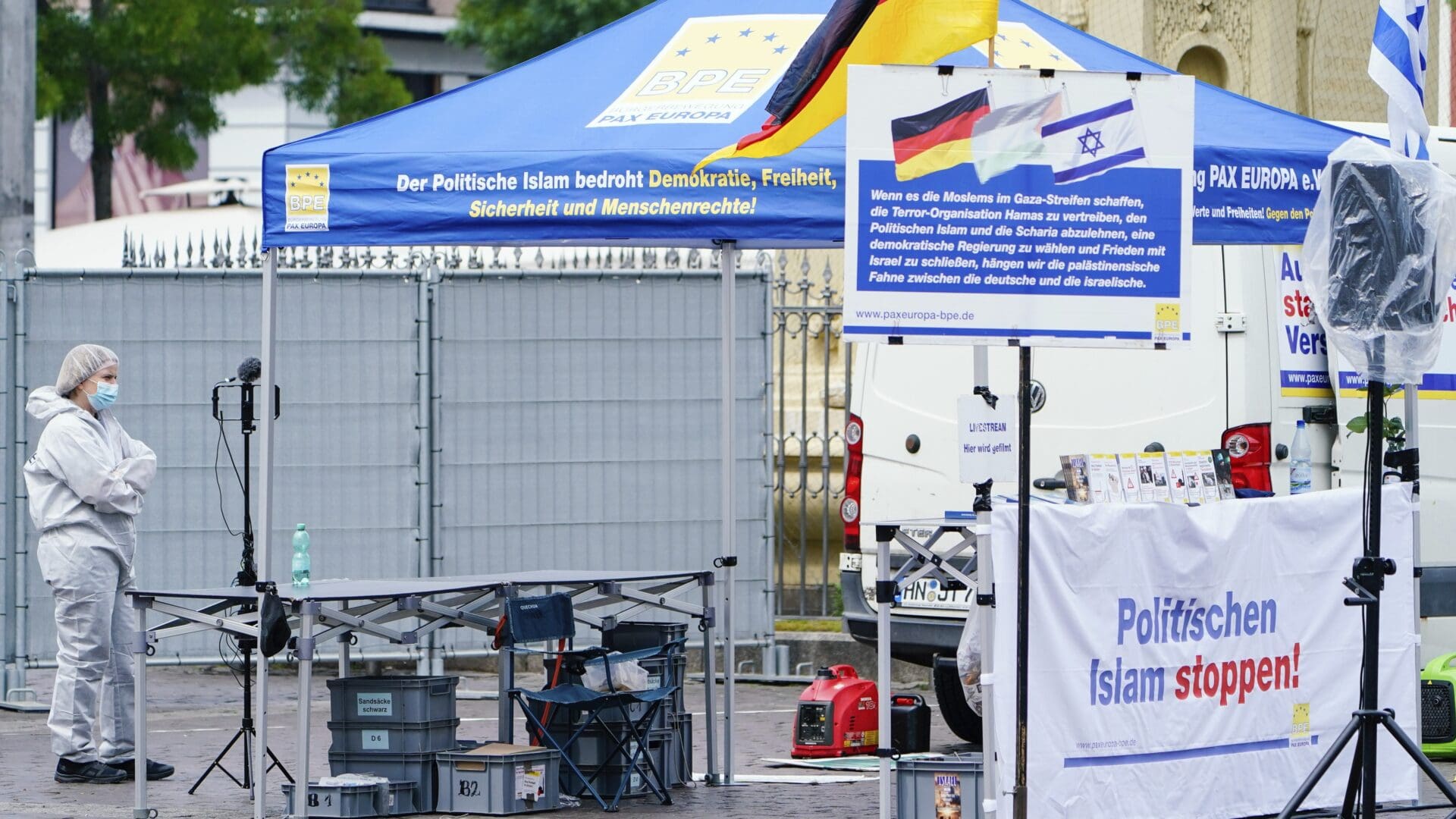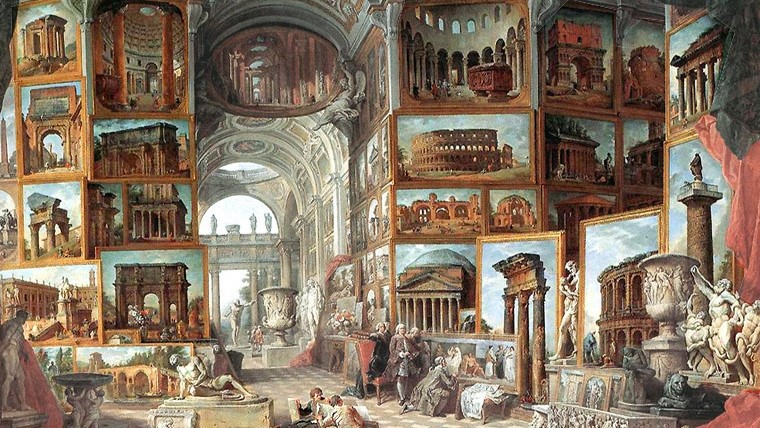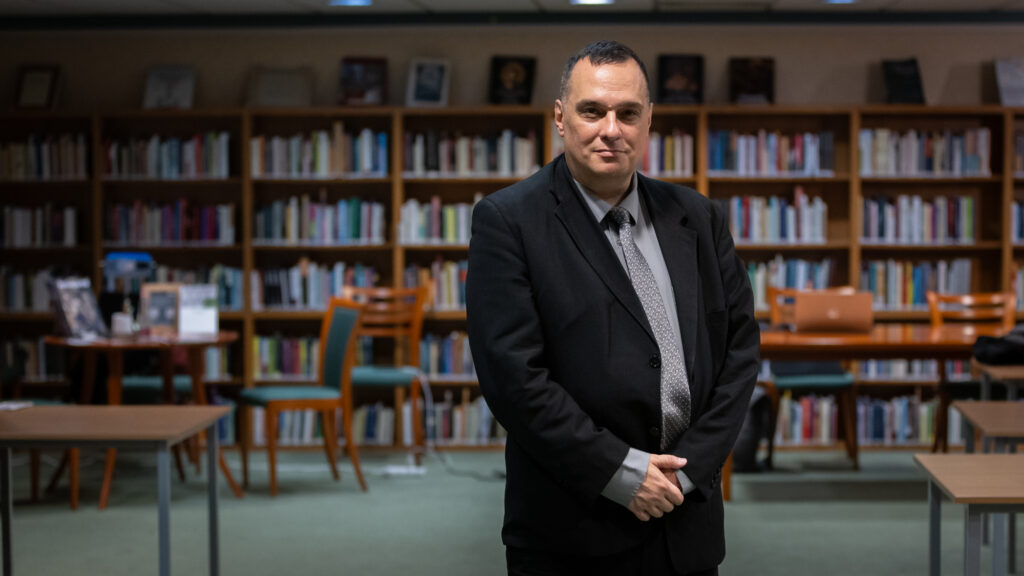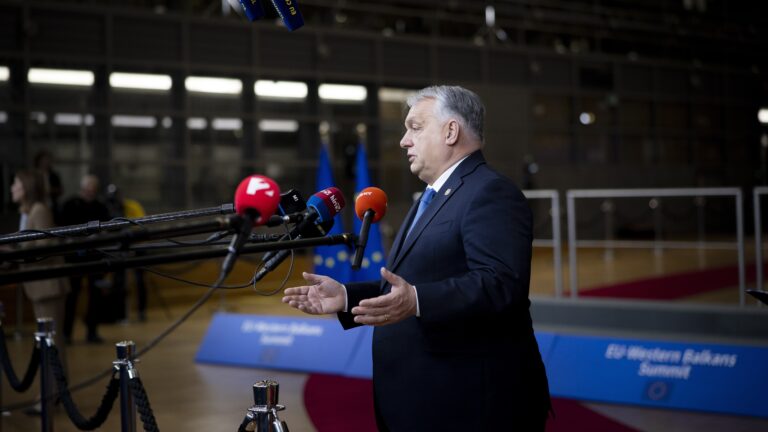This past Friday an Afghan national in Germany stabbed multiple people, including a policeman and Michael Stürzenberger, a leading member of Pax Europa, an organization that publicly states it seeks to defend human rights and democracy against the dangers of ‘political Islam’.
The fourteen-hundred history of Islam demonstrates that as Muslims grew in power, their use of violence changed from skirmishes to outright warfare. We see this during the last nine to ten years of Muhammad’s life, when he ‘personally participated or deputized eighty-six battles: an average of nine-plus battles a year, and they culminate[d] in intensity until he die[d]’. One can logically conclude that Islamic terrorist groups, like ISIS, Boko Haram, and Hamas who seek an Islamic global order are just simply following the in the footsteps of their Prophet Muhammad.
The genesis of Islam, unlike that of Christendom, was inextricably tied with the formation of a sovereign society that was inherently universal and imperialist.
Temporal and religious powers, which were both one and the same, were combined in the person of Muhammad as prophet, who claimed that Allah invested him with this authority. This is why he assumed altogether the role of head of state and head of the religion, which permitted him to cloak his political ambitions with a religious aura. Consequently, he channeled Islam’s energies into ‘its instrument of aggressive expansion, there [being] no internal organism of equal force to counterbalance it’.[1] Muhammad offered ‘a programme of Arab state formation and conquest: the creation of an umma [community], the initiation of jihad’.[2] He was a prophet with a political quest and not, as is so often presented, a prophet who just happened to become involved with politics.
A major problem between the unity of Islamic religion and the state had been the refusal to allow any sort of equity or social development within the political field. Political stagnation and incongruity were what the founder of modern Turkey, Kemal Mustafa Atatürk, fought against and changed when he suppressed the caliphate in 1924. He secularized the Turkish state arguing that Islam was a ‘a theology of an immoral Arab, [and while] it might have suited tribes of nomads in the desert’,[3] vitiated by its sharia-based antiquated structure, it was counterproductive for a modern and developing state.
Islamists, however, have adapted their tactics within the last couple of decades using the democratic style of government, which they abhor, as a means of not just infiltrating the body politic in the West, but to continue the imperialist endeavors the founder of Islam commanded.
Indeed, the aforementioned terrorist attack in Germany, like others, serves nothing but to deflect attention from, as I refer to them, cultural jihadists.
A primary example of this is the Saudi Arabian-funded global caliphate called the Organisation of Islamic Cooperation (OIC), which has systemized and structured Islam into an effective proselytizing global entity.
The OIC, as a permanent observer to the United Nations, ‘is the [self-proclaimed] collective voice of the Muslim world, [which] endeavors to safeguard and protect the interests of the Muslim world’. Its goal is ‘to galvanize the umma into a unified body and have actively represented the Muslims by espousing all causes close to the hearts of over 1[.8] billion Muslims of the world’. In union with the terrorist-affiliated protagonists of the Muslim Brotherhood (MB), it sees Western society ‘as part of a future global Caliphate, an Islamic empire governed by an Islamist version of traditional Islamic law, or sharia’.
In August 1990 the original fifty-six Islamic member-states (now fifty-seven) of the OIC unilaterally adopted the Cairo Declaration on Human Rights in Islam (CDHRI) with the aim to serve as a guide for the member-states in the field of human rights. Its preamble declares:
‘Reaffirming the civilizing and historical role of the Islamic Umma which Allah made as the best community and which gave humanity a universal and well-balanced civilization, … to fulfil the expectations from this community to guide all humanity which is confused because of different and conflicting beliefs and ideologies and to provide solutions for all chronic problems of this materialistic civilization. In contribution to the efforts of mankind to assert human rights, to protect man from exploitation and persecution, and to affirm his freedom and right to a dignified life in accordance with the Islamic Sharia.
Taking into account the preamble of the CDHRI, the sharia is designed to overrule the Western notion of human rights, such as prescribed in the US Bill of Rights and the UN Universal Declaration of Rights of 1948. The OIC reaffirms this in Articles 24 and 25:
‘All the rights and freedoms stipulated in this Declaration are subject to the Islamic Sharia. The Islamic Sharia is the only source of reference for the explanation or clarification to any of the articles of this Declaration.’
Just as it was with both the early community of Islamic believers and the later caliphate-state, the goal is universal governance according to the norms of the sharia. However, jihad (or holy war)is now camouflaged under soft law—rules that are neither strictly binding nor completely lacking in legal significance but nevertheless incorporate some sort of expectation of legal relevance.
Subsequently, cultural jihadists received ample political support and financial backing to be in a position where they can influence politicians
to prescribe norms in their favor, such as the recent exemption of two Muslim high school students in Italy from the required study of Dante’s Divine Comedy. Their refusal to read it was because Dante places their Prophet Muhammad in Malebolge, the eighth circle of hell, designed for those who have committed fraud; specifically, he is placed in the ninth bolgia (ditch) among the sowers of discord and schism.
Significantly, there has also been the proscription of norms in both the public and private sectors, which have curtailed Westerners’ freedom of speech and of religion. They accuse those, like myself, as Islamophobes for simply explaining, for example, how Muslim fundamentalists cite their religious texts to justify violence. Not to mention, the OIC and its affiliates have been able to have Muslims excused from observing certain western civil norms. Not only have they been allowed to practice polygamy in United Kingdom or France, the can bypass civil courts for sharia courts to settle disputes, such as divorce, inheritance, and the like.
The paradox is that the OIC and other like-minded Muslim organizations, such as the Council of American Islamic Relations have been able to successfully defend the moral principles of the institution of the family, which is the foundation of human civility. Muslims, unlike the Christian West, are collectively against so-called human rights that undermine the structure of the family, such as abortion, same-sex unions, transgenderism, and any other LGTBQ+ agenda. Notwithstanding these common values, the overall non-conformist mentality of Muslims in our homelands does raise concern because it mirrors the universal and imperialist tenet of the Islamic religion.
[1] Efraim Karsh, Islamic Imperialism: A History, New Haven, Yale University Press, 2007,6.
[2] Patricia Crone, Meccan Trade and the Rise of Islam, Piscataway, Gorgias Press, 2004, 241.
[3] Hank Hanegraaff, Muslim: What You Need to Know about the World’s Fastest Growing Religion, Nashville, W Publishing Group, 2017, 110.
Read more on Islam by the same author:







